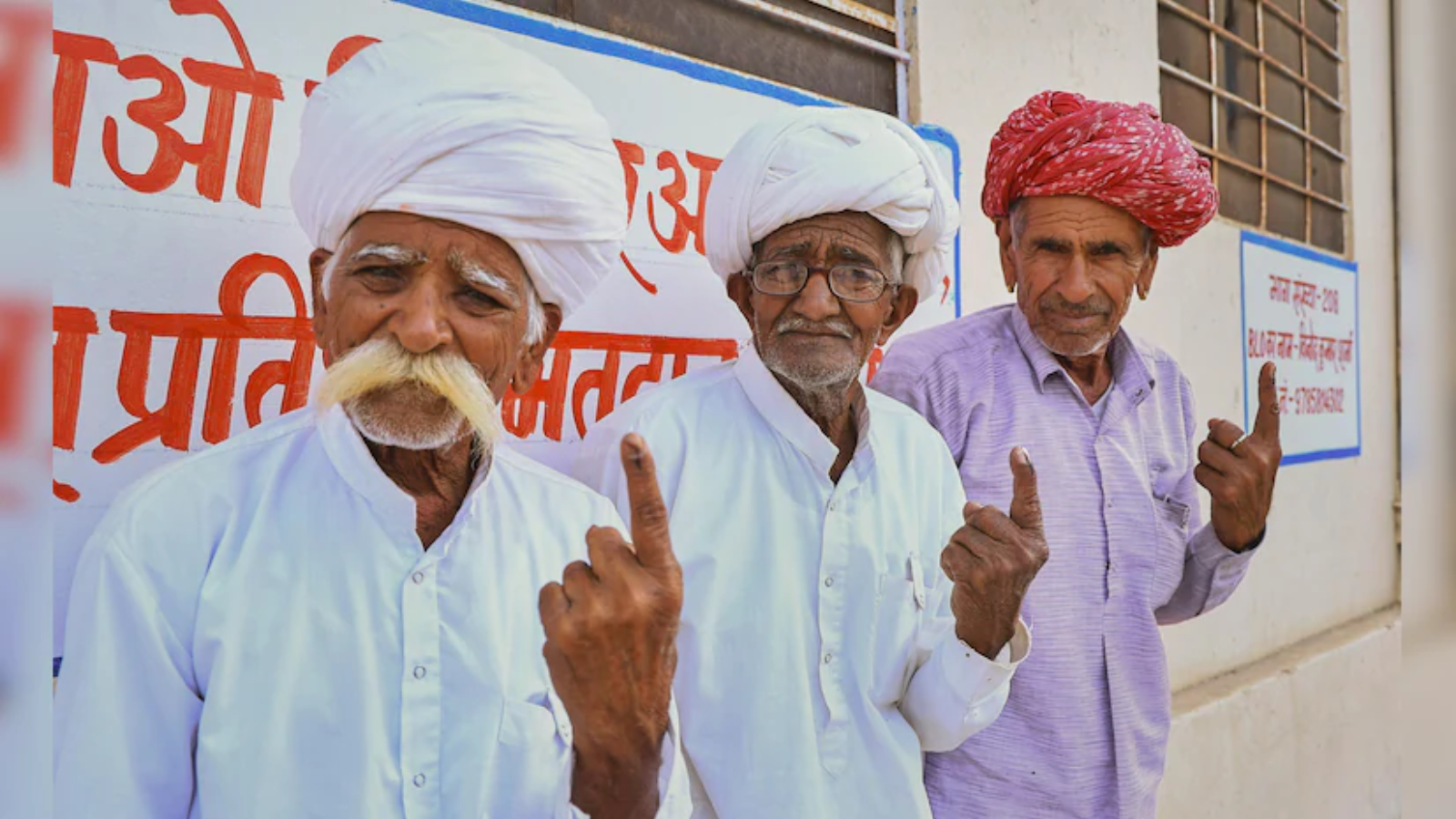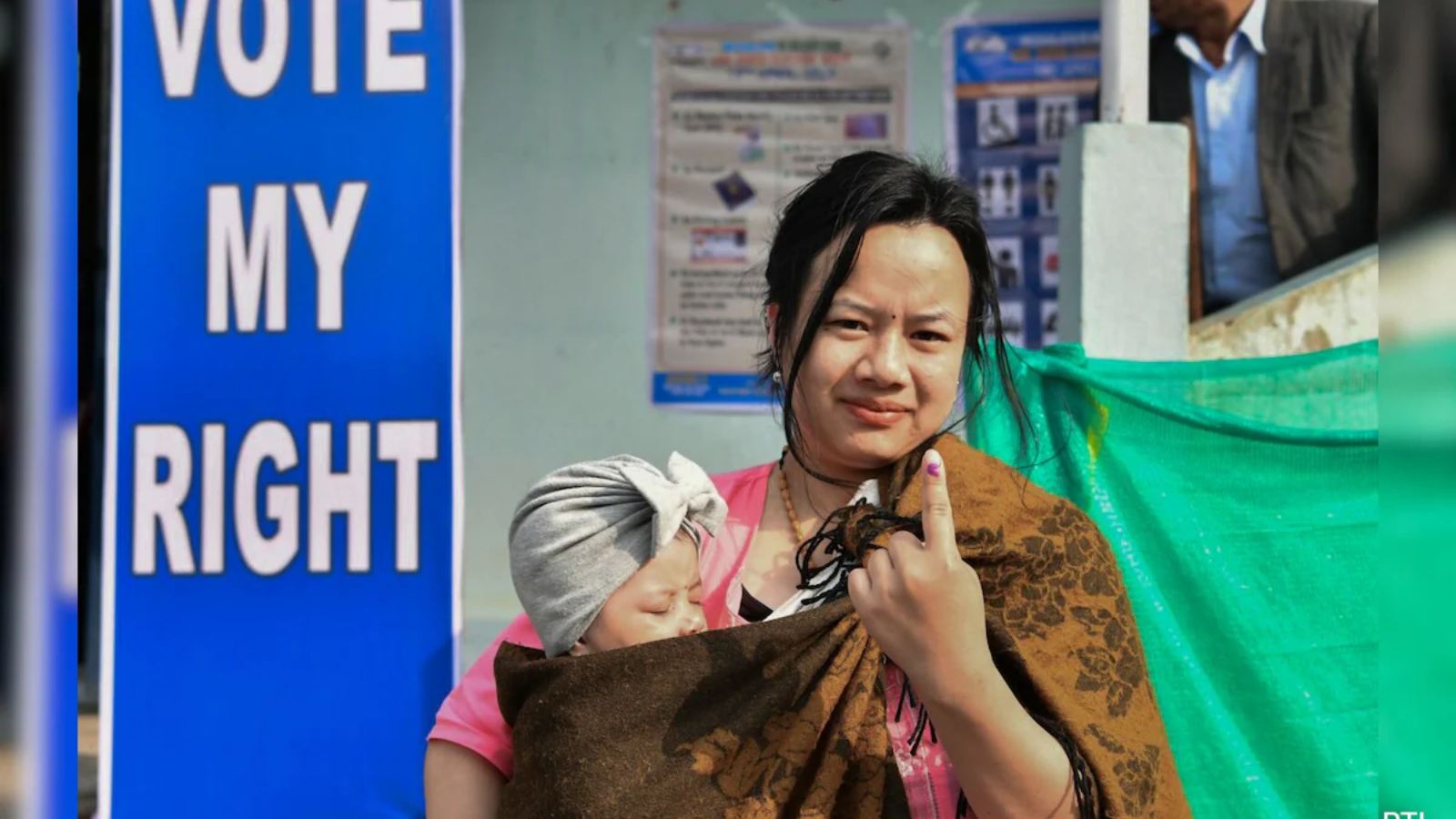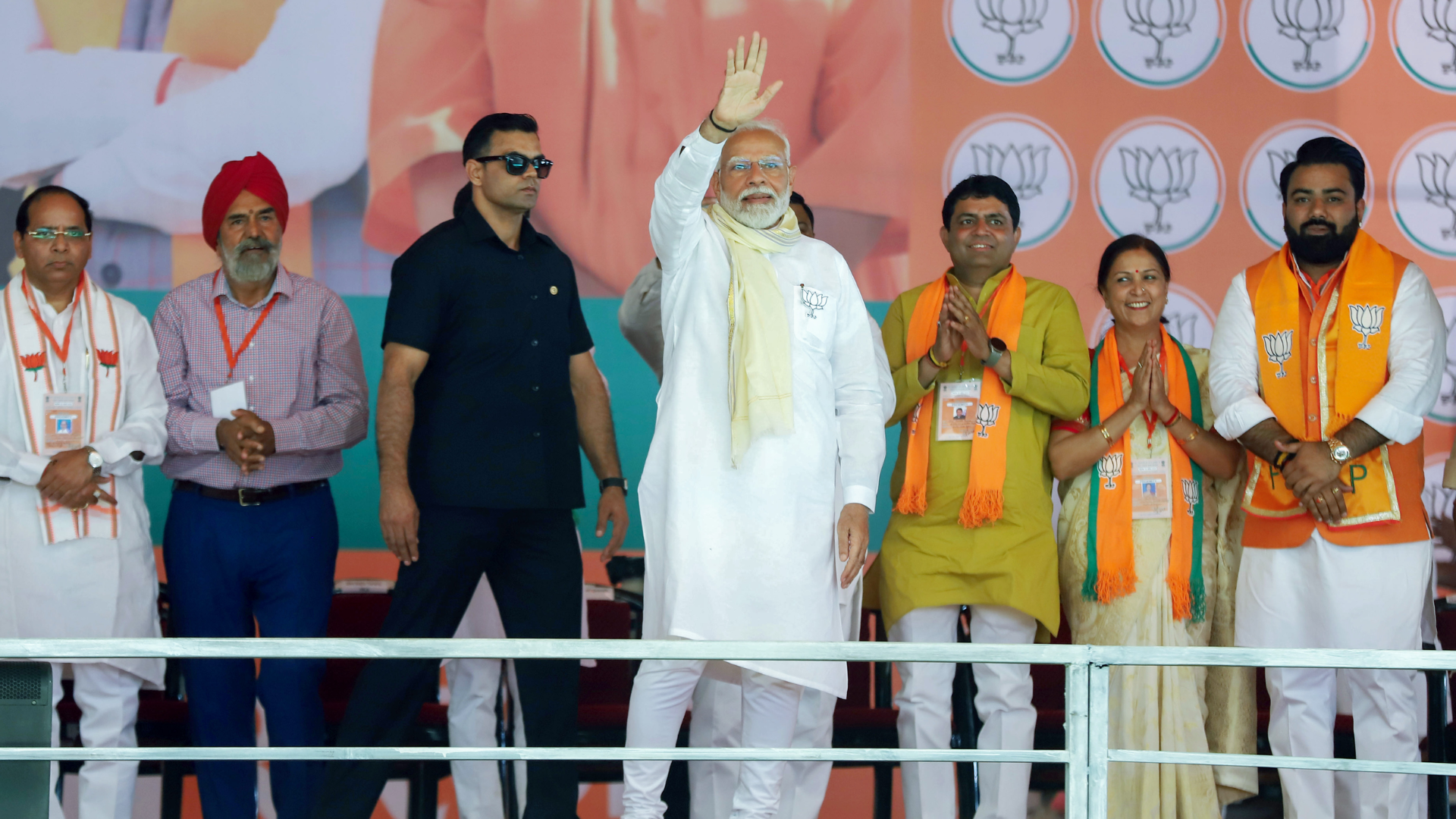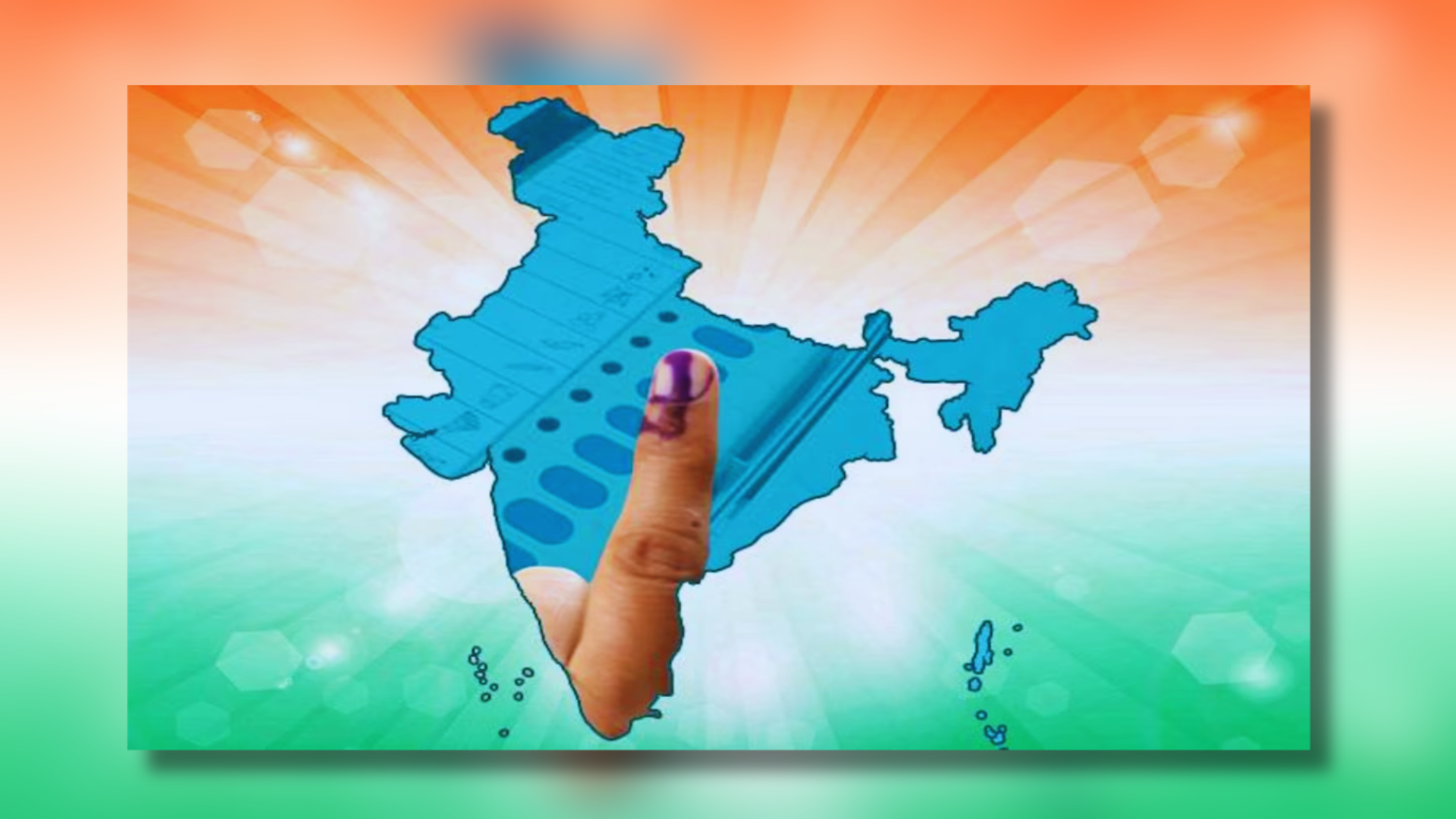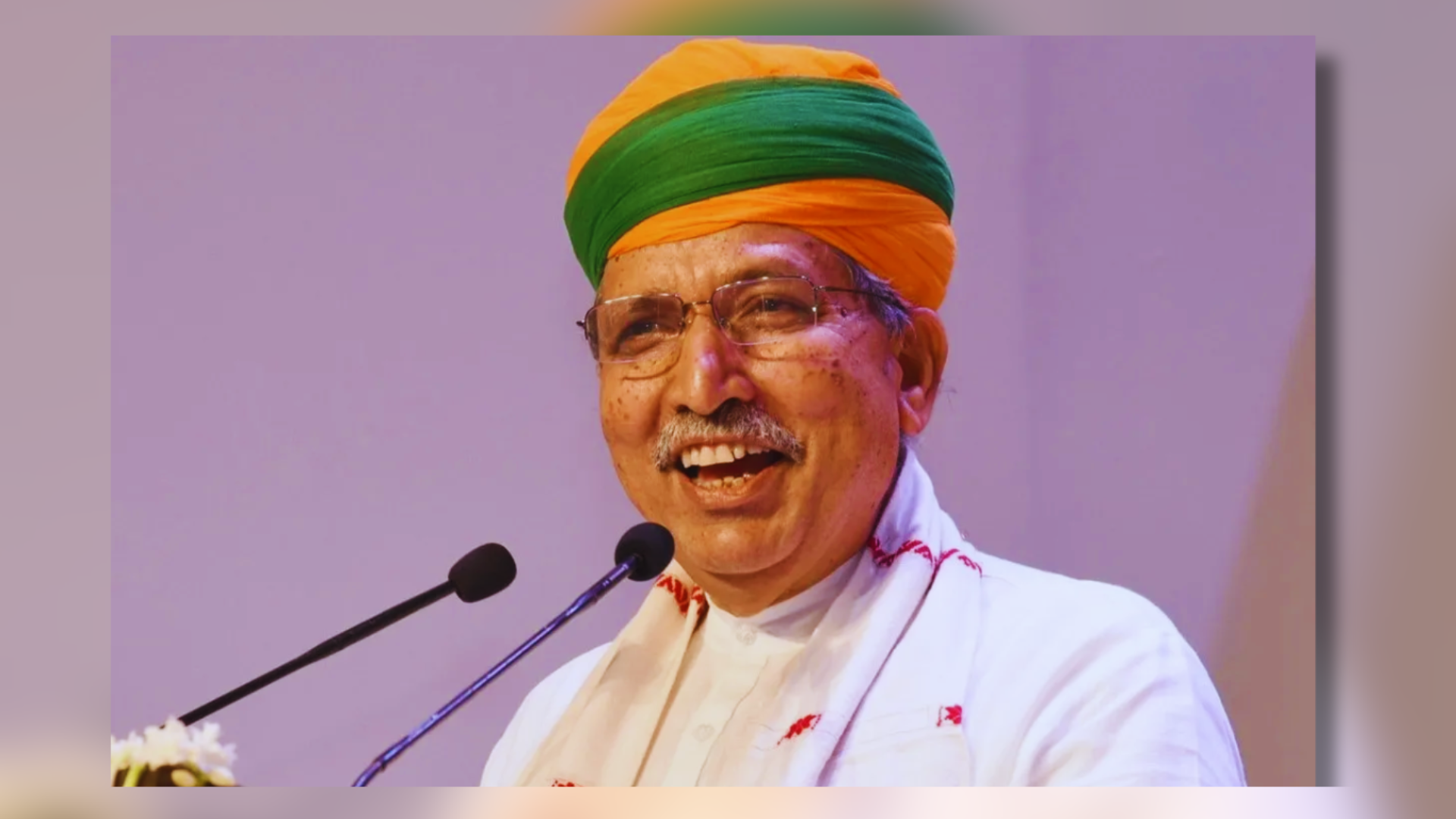



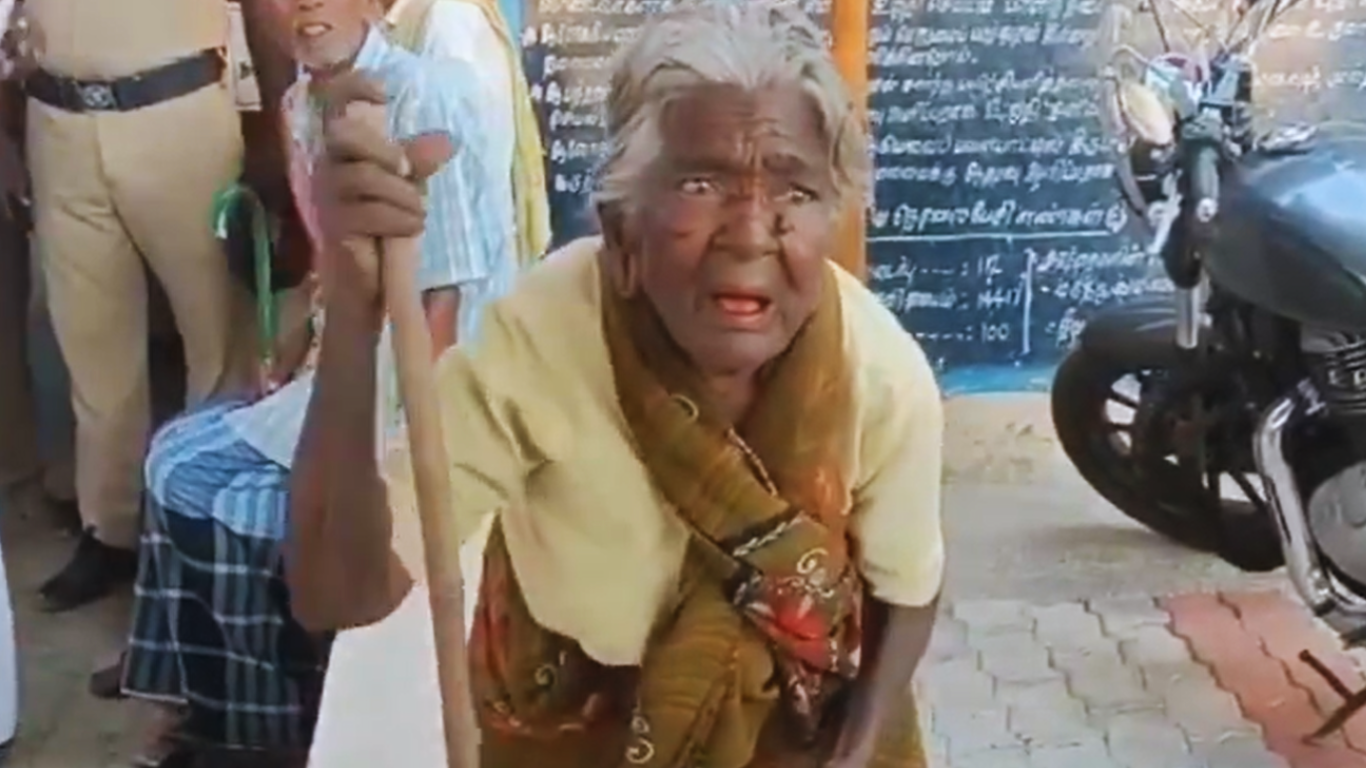
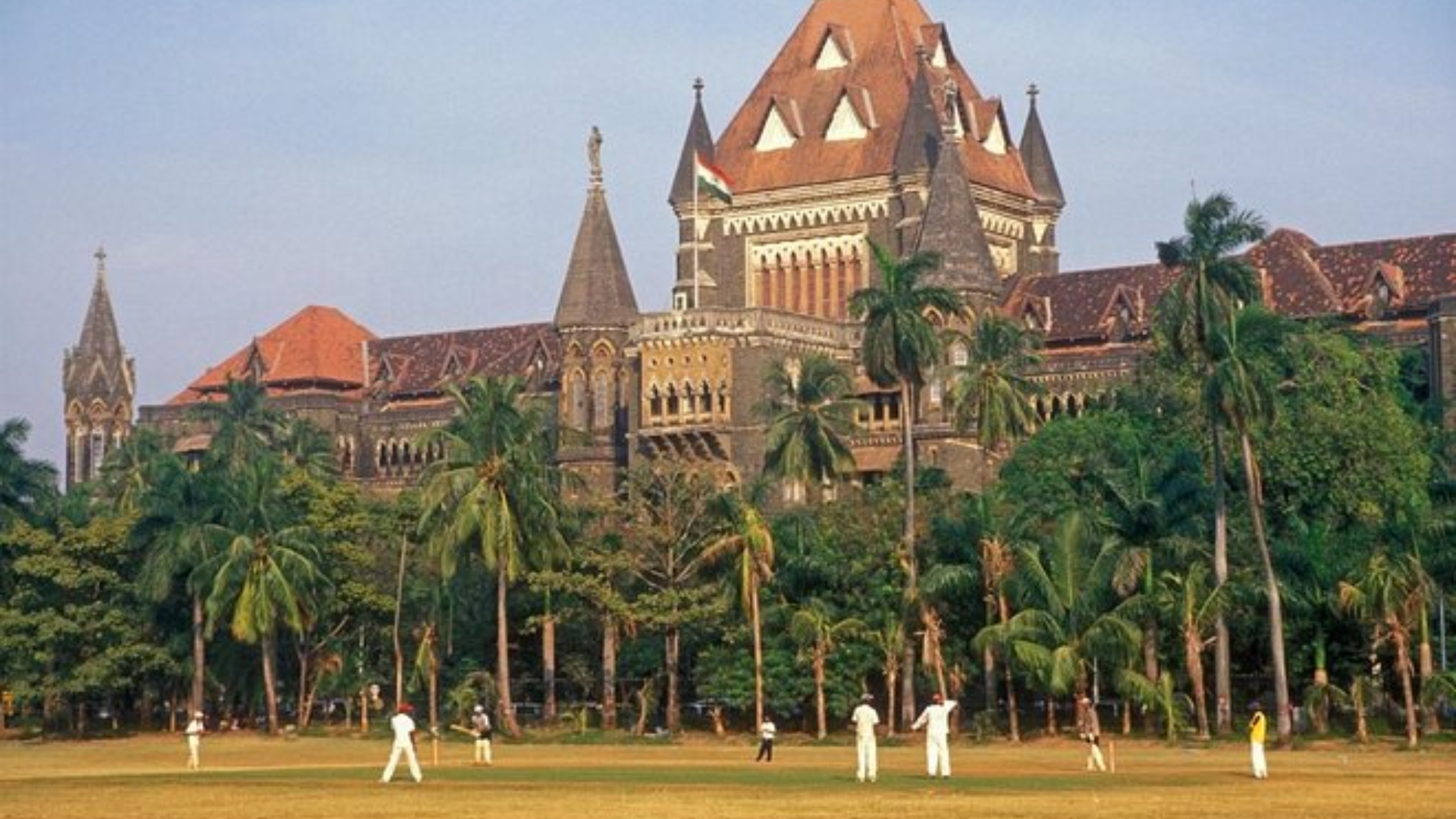


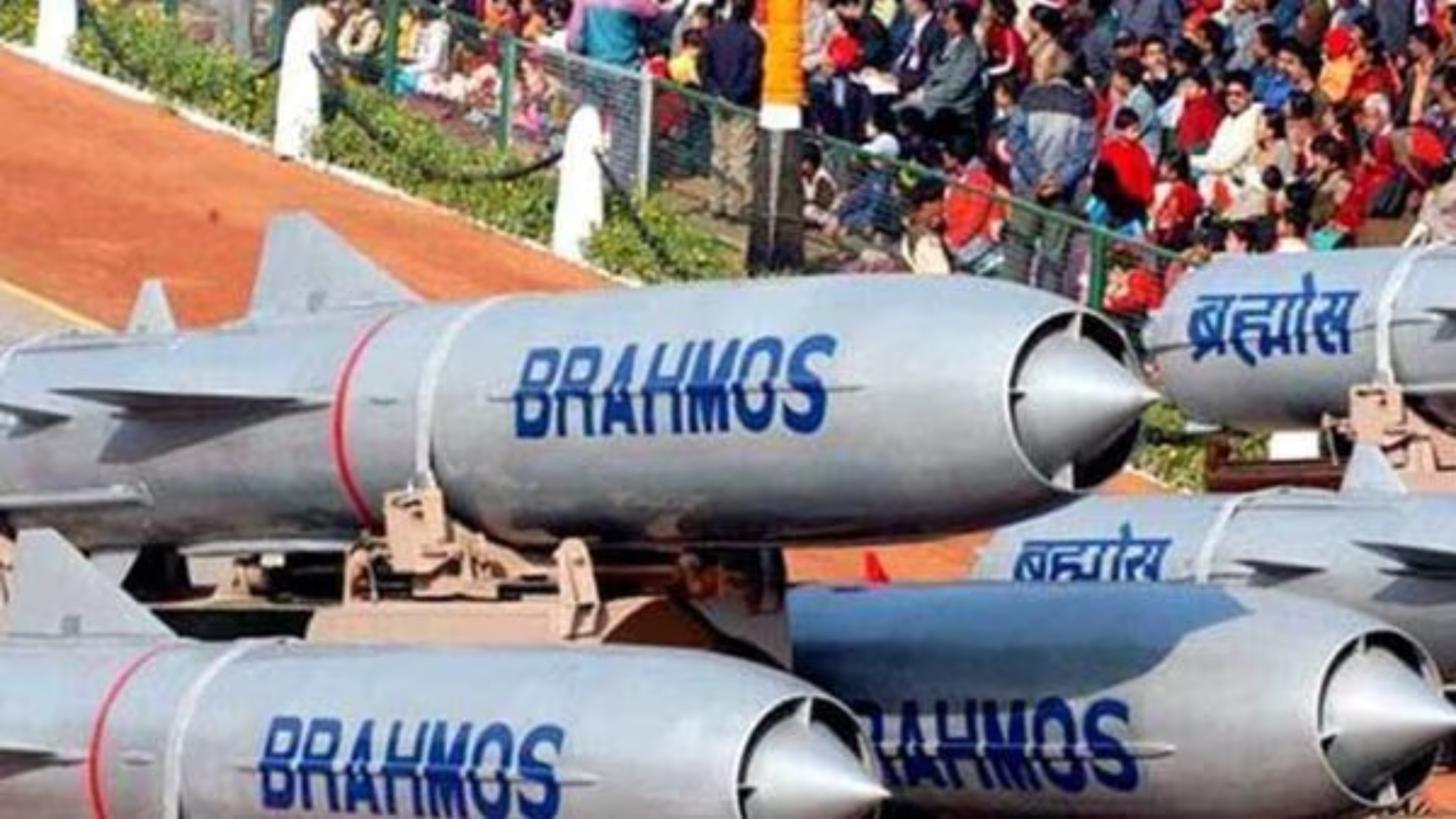
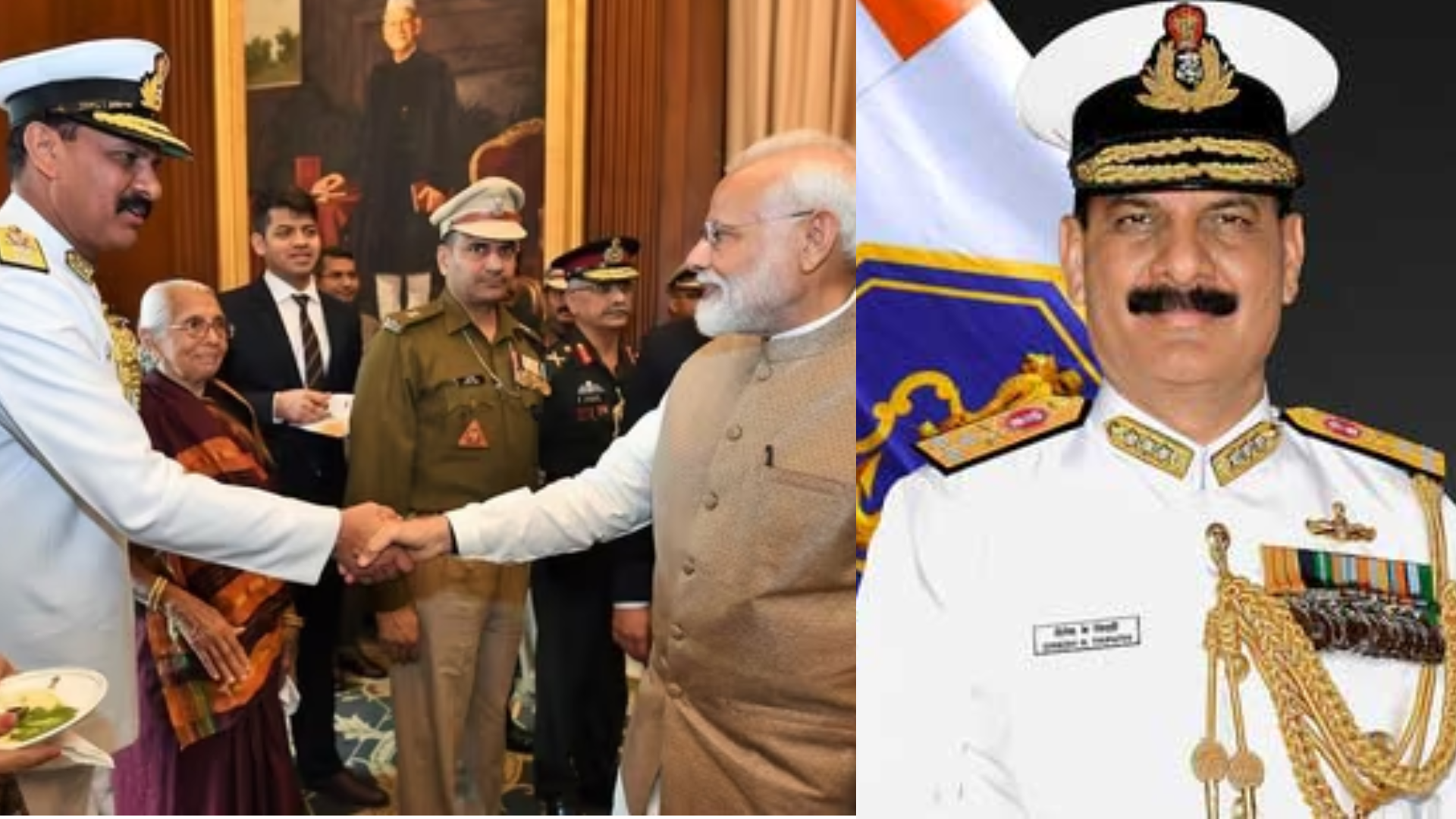
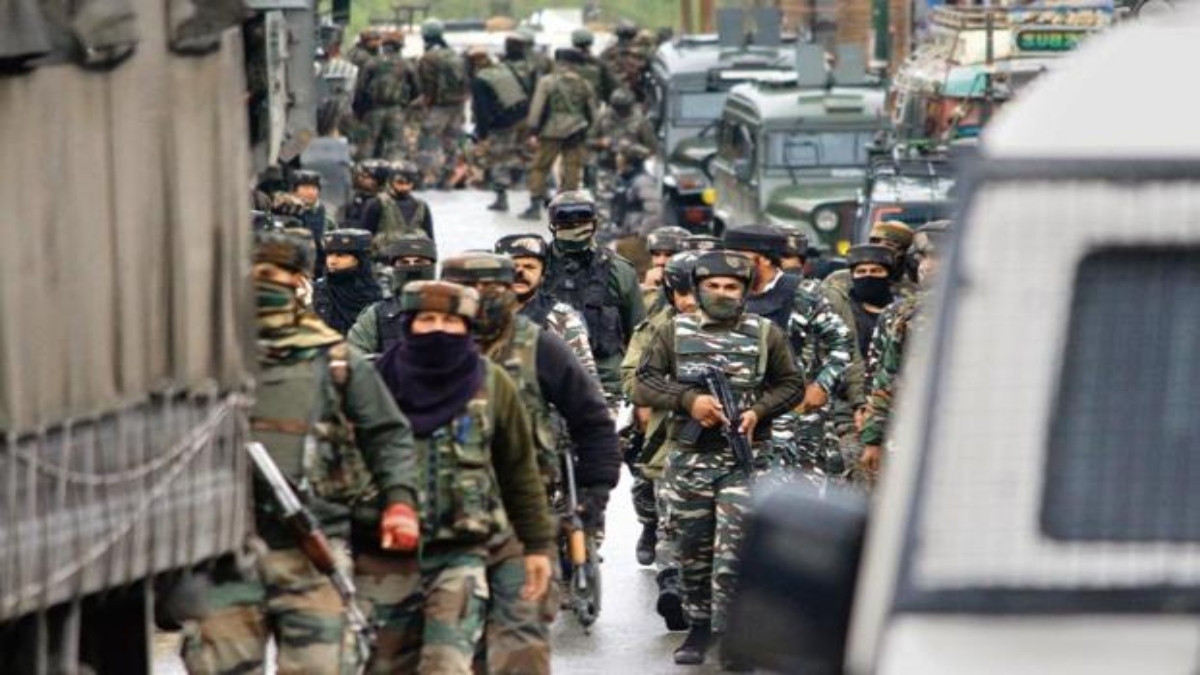
Since its inception in 1958,Armed Forces Special Power Act (AFSPA) has seen varied responses ranging from appreciation to criticism. But the fiercest critiques would also not deny its contribution in maintaining integrity of our Nation from J& K to NE. The origins of the Armed Forces (Special Powers) Act, 1958 can be traced to the Armed Forces (Special Powers) Act of 1948. The act of 1948 in turn replaced four ordinances such as the Bengal Disturbed Areas (Special Powers of Armed Forces) Ordinance; the Assam Disturbed Areas (Special Powers of Armed Forces)Ordinance; the East Bengal Disturbed Areas (Special Powers of Armed Forces) Ordinance; the United provinces Disturbed Areas(Special Powers of Armed Forces) Ordinance, invoked by the central government to deal with the internal security situation in the country in 1947.
The Armed Forces (Special Powers) Act of 1948 was repealed in 1957, but a year later in 1958 was resurrected. The reason was the internal security situation in the ‘unified Assam’ was getting deteriorated. The Nagas, who inhabited the Naga Hills of Assam and Manipur, had opposed the merger of their area with that of India on the grounds that they were racially and socio-politically different from the Indians. They had even voted in favour of a referendum declaring independence in 1951 and raised the banner of revolt. They boycotted the first general election of 1952, thereby demonstrating their non-acceptance of the Indian Constitution and started committing violent acts against the Indian state. To control the situation Assam government imposed vested certain policing powers to Assam Rifles and Police in form of various acts. In-spite of best of its effort State Government was not able to handle the situation necessitating Army involvement to stabilize the situation. These forced Central Government to promulgate the Armed Forces (Assam and Manipur) Special Powers Ordinance on May 22, 1958 to conifer’s special powers’ on the armed forces as well as provide them the legal framework to function in the ‘disturbed areas’ of Assam and the Union Territory of Manipur. This act was supposed to be in vogue for one year since its imposition. The prevailing security situation and ever-growing insurgent groups forced that the Act to be continued with. Since then the AFSPA is used to control, stabilise and normalise the situation in North East. In Assam it is imposed since 1990, in addition the Act is presently imposed in J & K.
No-body can deny that the Armed Forces Special Powers Act confers essential powers to the military, police and other paramilitary personnel which have been upheld by Supreme Court and other Courts & Commissions braving numerous legal challenges and reviewcommittees.Keeping human sensitivities in mind various “Dos and Don’ts” have been issued by theArmed Forces to conform to theSupreme Court guidelines, which the army personnel are requiredto strictly follow.
Most importantly, the Indian Army has initiated a number of cases against its personnel accused of violating the basic human rights of the people. The case in point is the impartial enquiry being conducted against the Nagaland incident of December 21. If the Act would not have been in place our Armed Forces would have been operating with their hands tied behind the back and insurgents would had all liberty to cause casualties to our civilian and uniformed personnel and to our critical infrastructure. What we are seeing today, the development in North East, integration of insurgents in mainstream and establishment of rule of law is only due to tireless effort of Security Agencies and Civil Administration which were able to operate because of AFSPA. The alternate situation would have been dangerous and scary if the act would not have in place, the threat to our territorial integrity would have been manifold.
Today what we see in Assam wherein the Civil Administration and Police is able to do its task without any threat was made possible only due to relentless anti insurgent actions which put pressure on them to surrender and join mainstream. All cases in Assam where allegations of Human Rights violation were levelled have been expeditiously solved and strict disciplinary actions taken. These actions of Armed Forces have reinforced the confidence of people of Assam in Security Forces. To win Hearts and Mind through Operation SADBHAVANA projects related to infrastructure development, empowerment, employment, education and medical and veterinary aid were executed. There are certain successful stories which are testament to efforts of Security personnel. The funds for Operation SADBHAVAN are linked to AFSPA and thus relentless anti insurgent operations and Human assistance went hand in hand to solve pressing issues of Administration and Locals in Assam. The successful story of AFSPA in Assam and its utility have been agreed upon by all. The issue with AFSPA is the problem of perception – where and why it is in place. The perception has been created by vested interest groups who don’t want situation to be normal. The Assam Story of AFSPA can counter these negative perception or efforts to demonise AFSPA. The Assam State Government is of the view that decision on withdrawing AFSPA will be taken only if the present peace prevails for a longer term. Thereby it establishes the fact that Peace and AFSPA are interlinked to each other. There is a requirement to take a pragmatic approach as regard to removal of AFSPA as a different kind of threat from our adversaries in grey zone domain is manifesting itself. The creation of negative perception about AFSPA is likely to be one of its exploit.
There is a requirement of whole of government and citizen approach to counter the anti AFSPA narrative and propagate its success story in Assam in all domains especially in Social Media and other platforms. It is essential to make people understand that security forces would not be able to provide them secure environment if the Act is revoked and it is in their interest that Act remains till situation stabilises and normalises as we are seeing in Assam.

